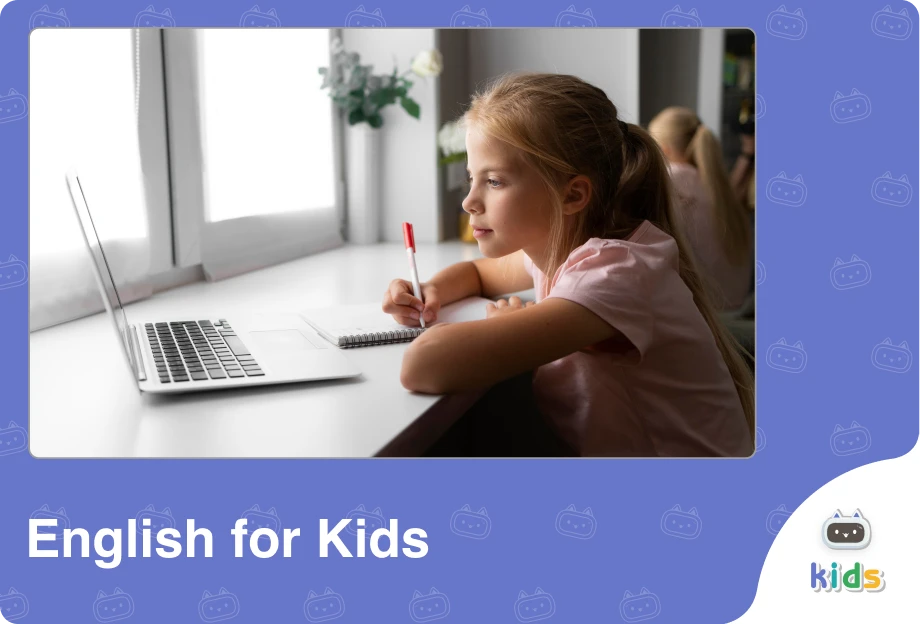Language is one of the most powerful tools we have for expressing our thoughts, and sentence structures play a crucial role in conveying our messages clearly and effectively. Different types of sentences enrich our written and spoken communication, allowing us to express a range of ideas and emotions. From simple sentences to more detailed compound-complex structures, each type serves a specific purpose and function. In this article, we will explore the definitions of simple, compound, complex, and compound-complex sentences, provide examples of their structures, and discuss how to use them effectively.
What is a Simple Sentence?
A simple sentence is a sentence that contains a subject and a predicate. It expresses one idea and has no dependent clauses. Simple sentences can also include modifiers, such as adjectives or adverbs, but they remain a single independent clause. “The dog slept.” The sentence subject “the dog” and verb “slept” make the sentence straightforward and understandable.
Examples:
-She enjoys reading.
-He likes skiing.
-I love black forest cake.
-The flowers bloomed beautifully.
Exploring Compound Sentences
A compound sentence consists of two or more independent clauses joined by a coordinating conjunction such as “and, but, or,” or a “;” . Each clause can stand alone as a complete sentence, but they are connected to show a relationship between the ideas.
Examples:
-I wanted to go for a walk, but it started to rain.
-She loves to read novels, and he prefers poems.
-You can have coffee or you can choose matcha tea.
I am feeling under the weather; I can’t go to school.
Understanding Complex Sentences
A complex sentence contains one independent clause and at least one dependent clause. The dependent clause cannot stand alone as a complete sentence; it relies on the independent clause to provide meaning. Complex sentences often use subordinating conjunctions like “because, although, since, while, and if” to introduce the dependent clause.
Examples:
-Because he studied hard, he passed the exam.
-If you finish your homework, you can watch TV.
-Since it was a holiday, the store was closed.
-Although it was raining, we decided to go for a hike.
The Structure of Compound-Complex Sentences
A compound-complex sentence combines elements of both compound and complex sentences. It contains at least two independent clauses and at least one dependent clause. This structure allows for more nuanced expression, enabling the writer to convey multiple related ideas and details within a single sentence.
Examples:
-Although I was tired, I finished my homework, and I went to bed early.
-She loves hiking, but she doesn’t like camping when it rains.
-When the movie started, we were already late, so we missed the beginning.
-The team celebrated their victory, and they planned a party because they worked hard all season.
Examples of Sentence Types
Here are ten example sentences we have prepared for you:
-When the rain started, we were having an outdoor party, so we changed the location immediately. (compound-complex sentence)
-Because she trained so hard, she won a gold medal.(complex sentence)
-I can’t go out tonight; I’m sick.(compound sentence)
-Since she just gave birth, she won’t be able to come to the office.(complex sentence)
-If you finish your test on time, you can come with us.(complex sentence)
-The sun shines brightly.(simple sentence)
-Although it was late, he decided to finish his project.(complex sentence)
-When the concert ended, the crowd cheered, and the band took another bow. (compound-complex sentence)
-The cat slept on the windowsill.(simple sentence)
-If it snows tomorrow, we will build a snowman.(complex sentence)
Frequently Asked Questions About Sentence Types
How can I identify the different types of sentences?
Look for the number of clauses and their types. Count independent clauses for compound and compound-complex sentences, and identify dependent clauses for complex sentences.
What are some common conjunctions used in compound sentences?
Common coordinating conjunctions include “and,” “but,” “or,” “nor,” “for,” “so,” and “yet.”
Can a sentence be both complex and compound?
A sentence can be compound-complex if it contains multiple independent clauses and at least one dependent clause.
Example: When the rain stopped, we decided to go for a walk, and we took our dog with us.
Why is it important to understand sentence types?
Understanding sentence types helps improve writing clarity and variety. It allows for more effective communication and can enhance reading comprehension.
Would you like to put what you have learned into practice? You can access everything you need to learn English on a single platform! With 25-minute one-on-one live English lessons, 40-minute group lessons, more than 30,000 interactive videos, vocabulary learning tools, AI-supported tutor MiMi, quizzes, and interactive activities, EnglishCentral offers its users a personalized and quality education plan at an affordable price. How about registering for EnglishCentral now and starting to learn English?











